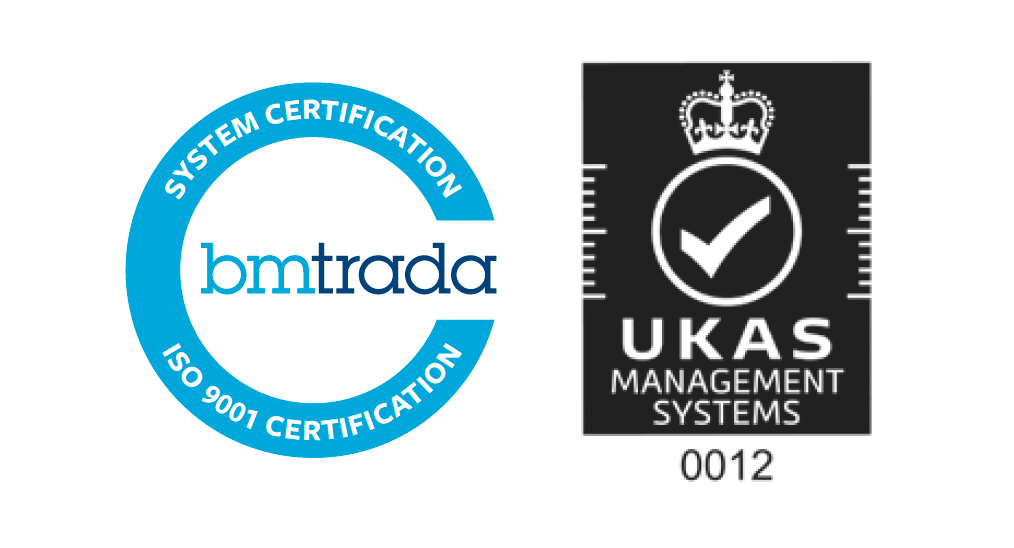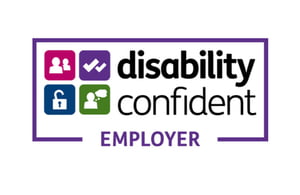The NHS must act on lessons from wartime to succeed in peacetime
The NHS and its partners are facing challenges greater than any I can recall in 45 years of working with and for the NHS. Here I argue that there are four lessons from how the NHS responded to the covid pandemic that must be acted on urgently.
First, clinical staff with the support of managers reorganised services rapidly to care for patients with different needs. Examples include increasing intensive care capacity in hospitals by converting wards and theatres in hospitals, using digital technologies to undertake remote consultations with patients, making use of blue and green pathways to provide care safely, and increasing care in people’s homes through the use of virtual wards and the provision of pulse oximeters. Treatments such as Continuous Positive Airway Pressure (CPAP) and dexamethasone were also adopted as understanding of the best way of responding to covid increased.
Second, partnership working within the NHS and between the NHS and social care played a vital role. General practices worked together to segregate care in different surgeries depending on the needs of patients and worked through primary care networks to deliver vaccinations, hospitals collaborated in providing intensive care and provided mutual aid at times of peak demand, and the NHS and social care worked in partnership to discharge patients from hospitals and support patients in their own homes. The work of public sector agencies was in turn supported by the contribution of third sector organisations such as hospices and a small army of volunteers who came forward to offer their services.
Third, the vaccination programme demonstrated the value of national leadership and local delivery. The rapid introduction of vaccinations was made possible by the speedy approval of vaccines by the Medicines and Healthcare Products Regulatory Agency (MHRA) and the advice of scientists on the Joint Committee on Vaccinations and Immunisations (JCVI). NHS England designed the rollout and this was delivered by hospitals, general practices, pharmacists, volunteers and others supported by the army who oversaw the supply and distribution of vaccines. The result was a highly effective programme implemented at scale and speed using evidence based standardised care.
Fourth, the harms caused by the pandemic were mitigated by the actions of people and communities across the United Kingdom. High levels of public support for rules on handwashing, social distancing, and the wearing of face coverings were vitally important at all stages. The willingness of most people to take up the offer of vaccinations and boosters was equally important. Less successful was the requirement that people should self-isolate when needed, often because those affected lacked financial support. This illustrates the role of government in making behavioural change possible across society.
These four lessons must be heeded as the NHS continues to respond to covid and recovers from the backlog that has built up during the pandemic. Supporting clinical teams to innovate and improve care, strengthening partnership working, valuing national leadership and local delivery, and harnessing the contribution of people and communities all have a contribution to make. Only if the experience of wartime is drawn on during peacetime will the NHS have a chance of overcoming the crisis that is engulfing it.


